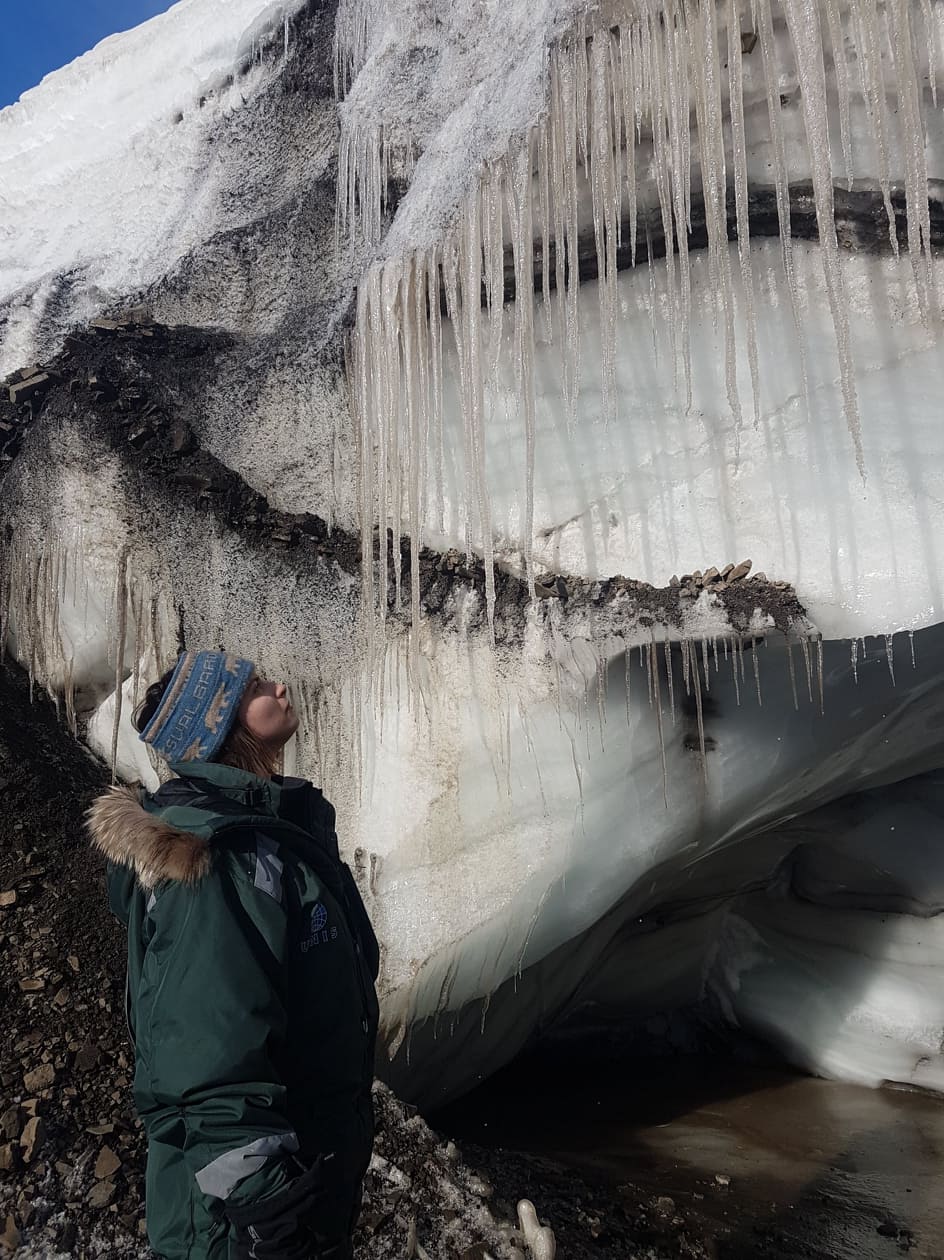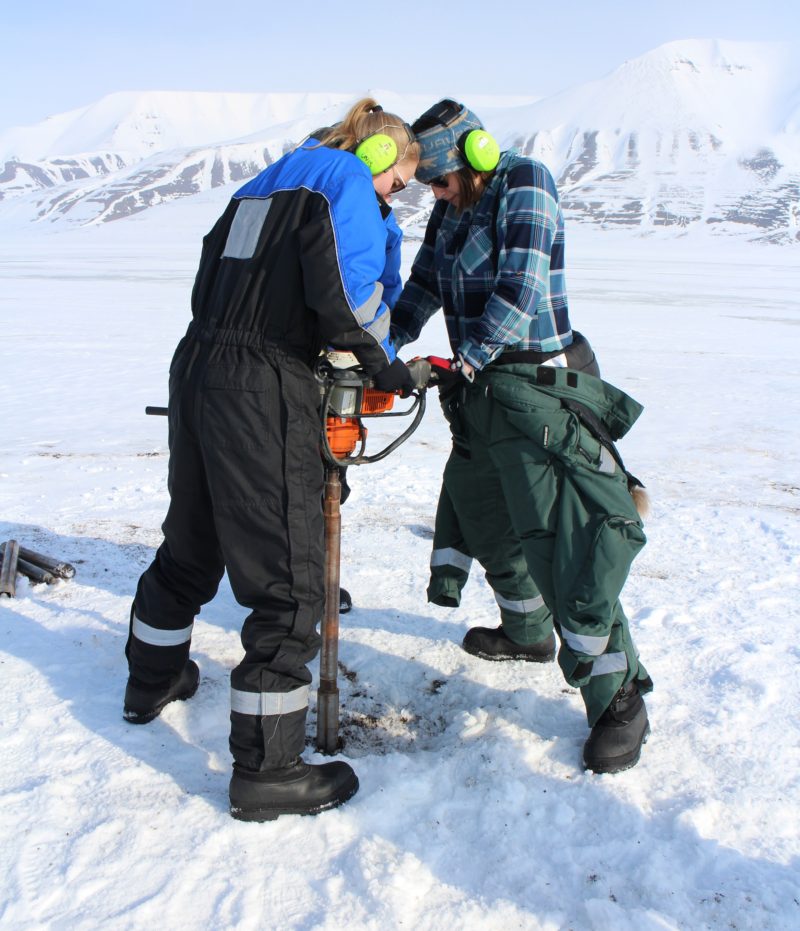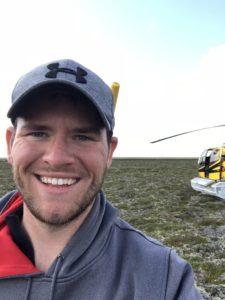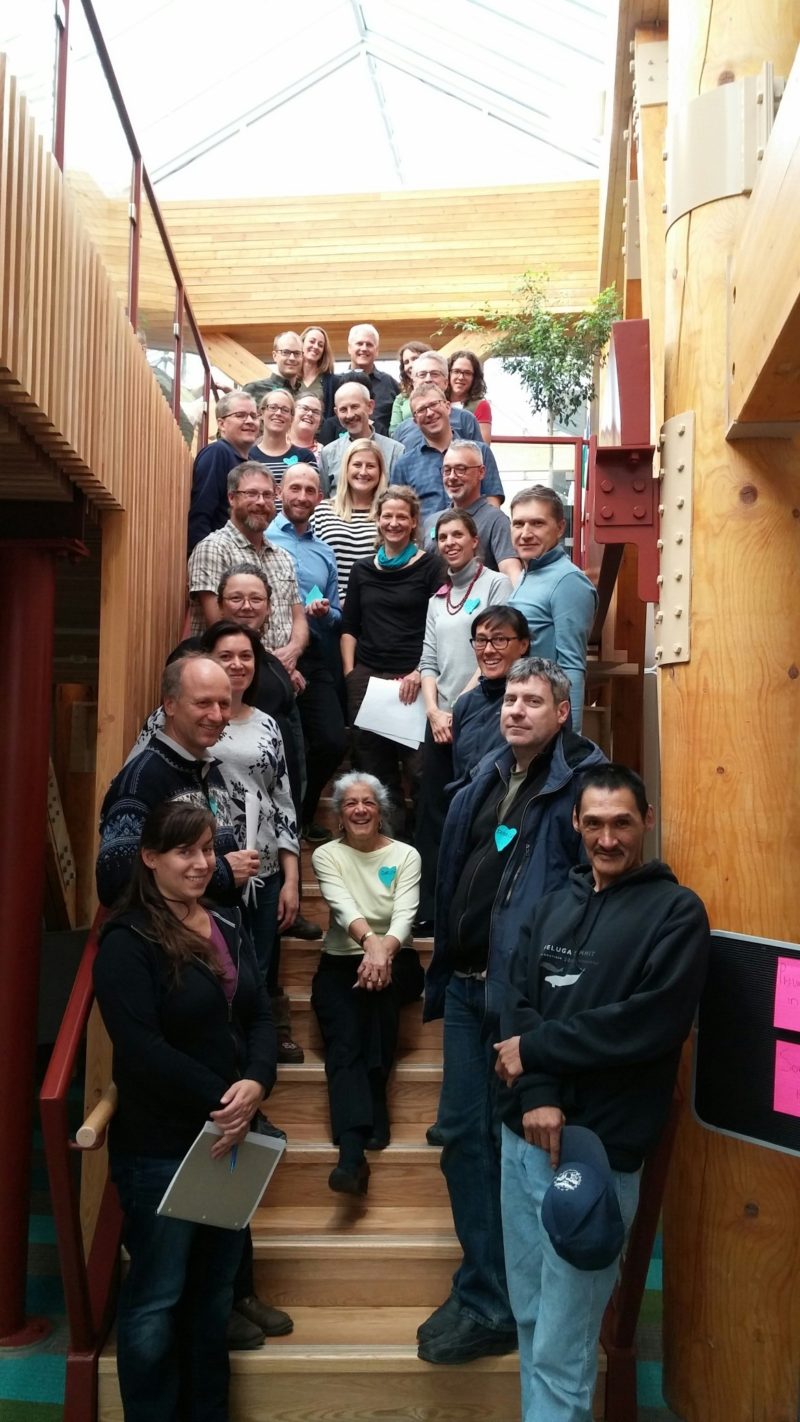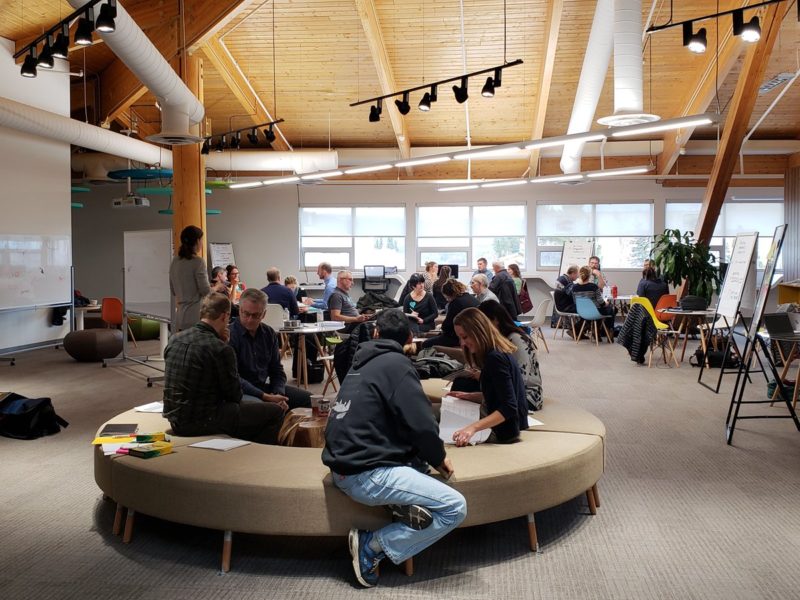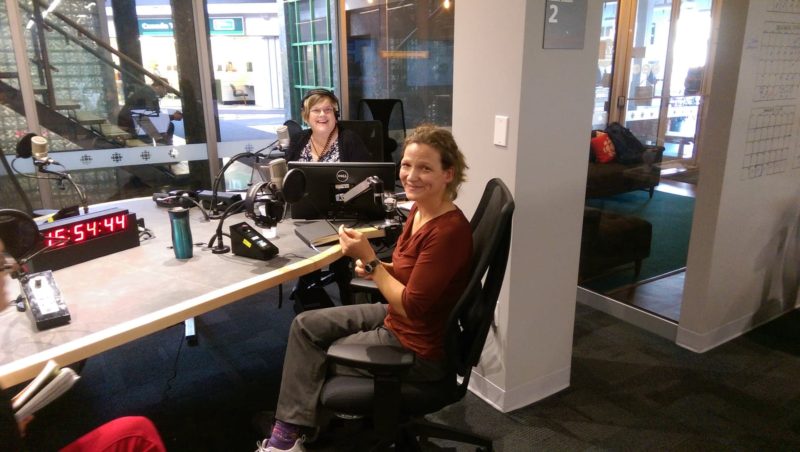Canada’s Minister of Environment and Climate Change, the Honourable Catherine McKenna, has announced the recipient projects of the highly competitive “Advancing Climate Change Science in Canada” initiative.
Two members of the Laurentian University Permafrost Research Laboratory, Dr. Pascale Roy-Leveillee and Dr. Nathan Basiliko, are part of one of the only nine funded projects announced today.
The project, Winter Carbon Losses in Wetland Ecosystems under Current and Future Climates, was awarded $468,500 over a period of three years. The project is led by Dr. Fereidoun Rezanezhad of University of Waterloo’s Water Institute, and the co-investigators on this award are Pascale Roy-Leveillee and Nathan Basiliko (Laurentian University), William Quinton (Wilfrid Laurier University), Christina Smeaton (Grenfell Campus, Memorial University), Philippe Van Cappellen, Jonathan Price, and Nancy Goucher (University of Waterloo). The Canadian Forest Service Great Lakes Forestry Centre, Natural Resources Canada is a supporting organization through Kara Webster.
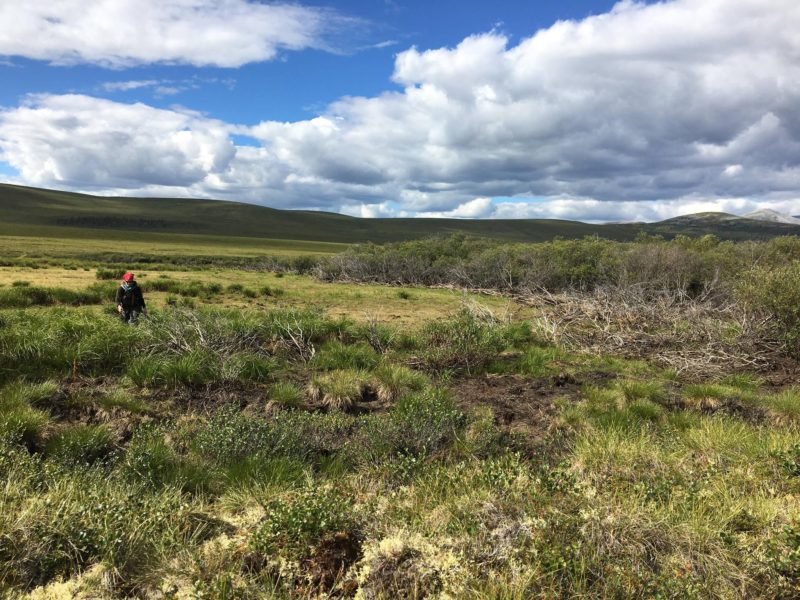
Project description: High latitude cold regions, including Arctic and northern areas of Canada, are warming more than twice as fast as the rest of the planet, with the greatest warming occurring during the winter. Canada’s temperate to subarctic wetlands and permafrost peatlands hold large stores of carbon which are susceptible to loss under future climate warming scenarios. Therefore, understanding the factors which regulate the processes controlling greenhouse gas emissions during the non-growing season is critical for predicting the fate of these vulnerable carbon stocks and for creating climate adaptation and mitigation strategies. With a focus on these critical ecosystems, the project brings together Canadian leaders from multiple disciplines from across universities with federal government scientists and policy makers to determine the drivers of non-growing season carbon cycling, develop process-based environmental models, and estimate CO2 emissions. In doing so, the project will address the knowledge gaps on emissions to provide data and tools to evaluate the impact of winter warming mitigation in controlling carbon losses from pan-Canadian wetland ecosystems.
Do you want to join the permafrost team at Laurentian University? We have several openings, please see our list of open funded positions.
